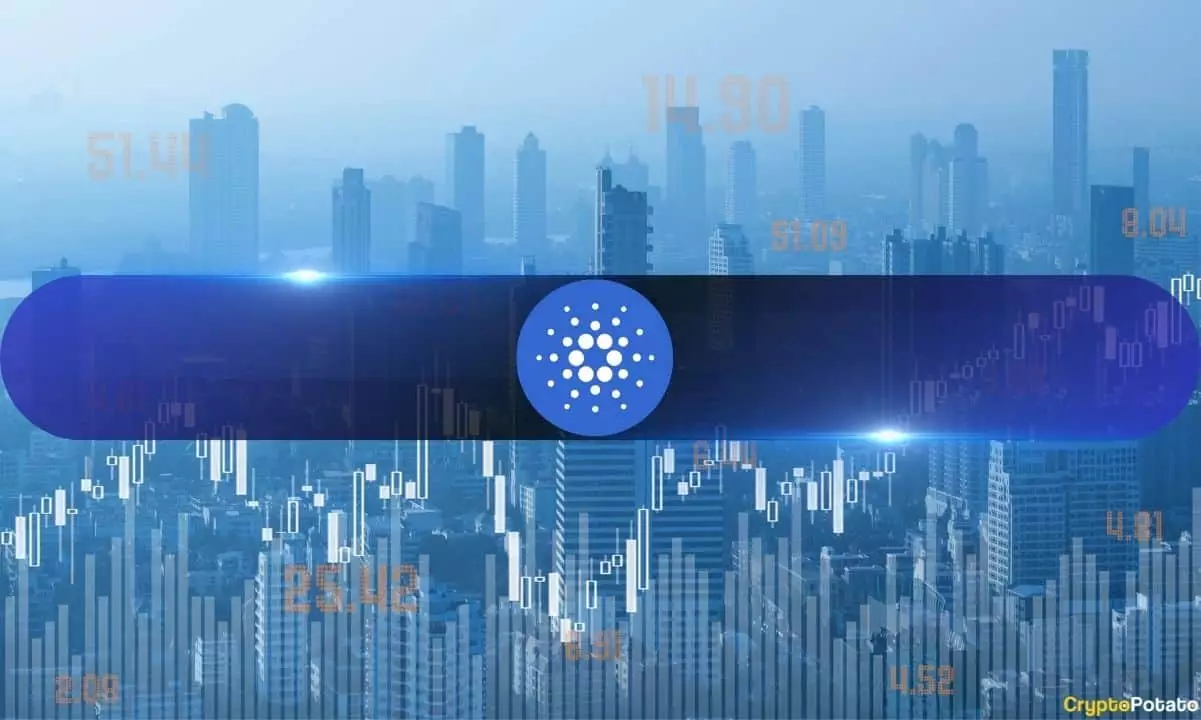Cardano, the blockchain network founded by Charles Hoskinson, is on the brink of a major upgrade that will revolutionize its governance structure. The Chang hard fork, initially scheduled for August 27, has been delayed to September 1, 2024. This delay, according to Hoskinson, is to allow crypto exchanges like Binance to prepare for the transition to a community-run network.
Cardano’s development is divided into five eras: Byron, Shelley, Goguen, Basho, and Voltaire. The network recently entered the Voltaire era, which focuses on governance. The Chang hard fork will play a crucial role in enabling on-chain distributed governance, as outlined in CIP-1694. This will shift the network’s maintenance and decision-making power to the Cardano community.
The Chang hard fork is divided into two phases. The first phase, set to be deployed on September 1, will kickstart a technical bootstrapping phase. This phase will establish an Interim Cardano Constitution and an Interim Constitutional Committee (ICC) to guide the network during the transition. The ICC will have temporary governance powers, including voting and veto rights on initial governance actions.
The second phase of the Chang hard fork, set for Q4 2024, will see the establishment of governing bodies like Delegate Representatives (DReps) and stake pool operators (SPOs). These bodies, along with holders of Cardano’s native token and the Constitutional Committee, will have the authority to vote on governance proposals, request ADA delegations, issue certificates, and withdraw funds from the community-run treasury.
With the introduction of the Chang hard fork, Cardano is taking a significant step towards a fully decentralized governance model. By empowering the community to make critical decisions and participate in governance processes, Cardano is setting a new standard for blockchain networks. The transition to community-run governance marks a turning point in Cardano’s evolution and sets the stage for a more inclusive and democratic network.

